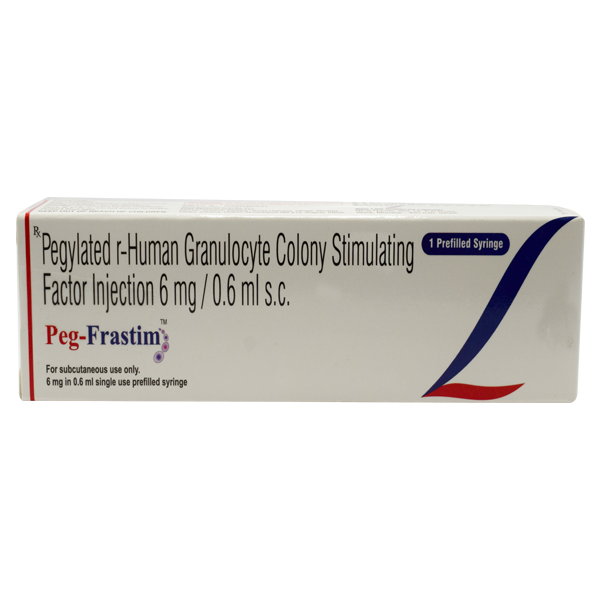NITNIB 50 MG is a prescription medication used to treat certain types of cancer, including:
- Gastrointestinal stromal tumors (GIST)
- Pancreatic neuroendocrine tumors (pNET)
- Adrenocortical carcinoma (ACC)
- Advanced renal cell carcinoma (RCC)
It is a tyrosine kinase inhibitor that works by blocking the action of the platelet-derived growth factor receptor (PDGFR) and other tyrosine kinases, which are involved in the growth and spread of cancer cells.
Composition:
Each tablet of NITNIB 50 MG contains 50mg of sunitinib.
Mechanism of Action:
Sunitinib works by:
- Blocking the action of the PDGFR and other tyrosine kinases, which are involved in the growth and spread of cancer cells
- Inhibiting the formation of new blood vessels that feed the tumor
- Reducing the growth and proliferation of cancer cells
Uses:
NITNIB 50 MG is used to treat certain types of cancer, including:
- Gastrointestinal stromal tumors (GIST)
- Pancreatic neuroendocrine tumors (pNET)
- Adrenocortical carcinoma (ACC)
- Advanced renal cell carcinoma (RCC)
Dosage:
The recommended dosage of NITNIB 50 MG is:
- 50mg taken orally once daily, with or without food
Side Effects:
Common side effects of NITNIB 50 MG include:
- Diarrhea
- Fatigue
- Nausea and vomiting
- Abdominal pain
- Rash
- Constipation
- Decreased appetite
Recommendation:
NITNIB 50 MG is recommended for patients who have not responded to previous therapy for their specific type of cancer. Patients should also be advised to monitor their liver function and thyroid function regularly during treatment.
Important Note:
Patients should not take NITNIB 50 MG if they have a history of severe allergic reactions, bleeding disorders, or kidney problems. Patients should also inform their healthcare provider if they have any underlying medical conditions, such as liver or kidney problems, before taking NITNIB 50 MG.
Some common brands of sunitinib include:
- Sutent (Pfizer)
- Sunitinib (Pfizer)
Please note that NITNIB 50 MG is not available in all markets and may be approved for different indications and dosages in different regions.




Reviews
There are no reviews yet.